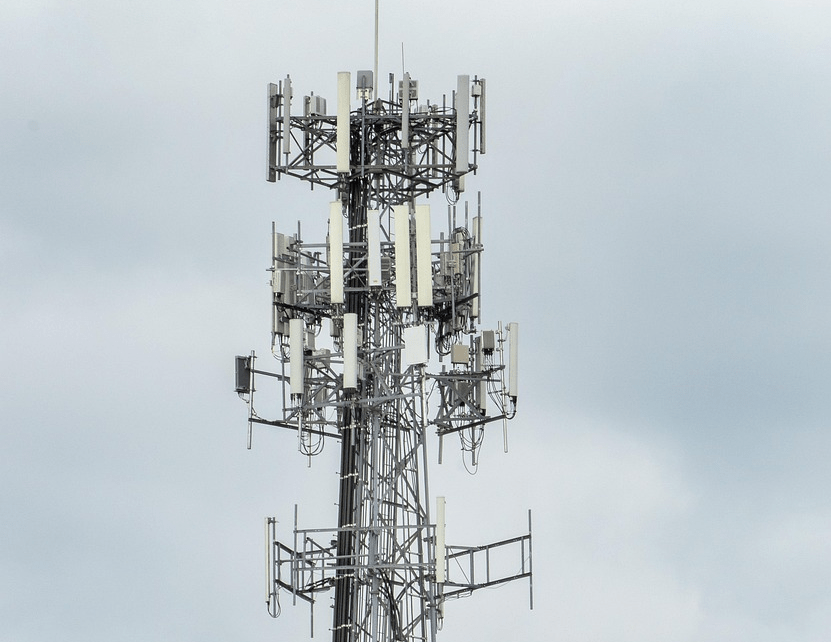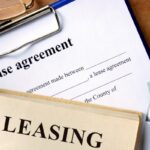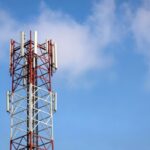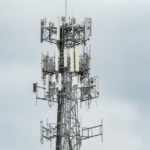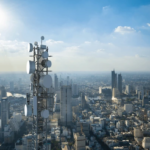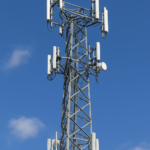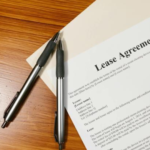If you’re a property owner with a cell tower on your land, your lease renewal could be one of the most profitable financial decisions you’ll ever make. Yet, many landlords accept renewal terms that significantly undervalue their property — simply because they don’t know what their tower is truly worth in today’s market.
Cell tower leases are complex, long-term agreements that can either become a stable income source or a missed opportunity. Understanding when and how to renew your cell tower lease for maximum profit helps you negotiate from a position of strength — not pressure.
Why Cell Tower Lease Renewal Matters
Renewing a cell tower lease is about more than extending a contract. It’s about maximizing income, protecting property rights, and aligning your lease with current market conditions.
Wireless carriers such as Verizon, AT&T, and T-Mobile are known to offer renewal terms with minimal rent increases — often as low as 2% annually. Meanwhile, property values and network demand in your area might be rising much faster. Cell tower companies typically offer much better terms especially if there are multiple tenants on the tower and it’s nearing final lease expiration.
A well-negotiated renewal could mean tens of thousands of dollars in additional revenue over the life of the lease. On the other hand, a poorly structured one can limit your property’s earning potential for decades.
When Is the Right Time to Renew Your Cell Tower Lease?
Cell tower leases typically run for 25–30 years, divided into five-year terms. Most renewals come into play when:
- The lease is within five to ten years of expiration
- You receive an “early renewal” offer from a carrier
- The carrier requests site upgrades or new equipment
Carriers often initiate early renewals to lock in favorable terms before property owners understand their full leverage.
Pro tip: The closer you are to lease expiration, the stronger your position to negotiate higher rent or better escalation rates. Don’t rush — timing matters. It may be in your best interest to wait until under two years of lease expiration to negotiate especially if you feel you are receiving low ball offers.
Key Factors That Influence Renewal Value
Every tower site is unique, and several variables impact how much your lease is worth during renewal:
- Location & Coverage Demand: Towers in high-traffic or low-coverage zones are more valuable.
- Carrier Dependence: If your property hosts a primary or multi-carrier tower, its value increases.
- Easement & Access Rights: Restrictive easements can limit your property’s future use or resale value.
- Escalation Clauses: If your rent grows only 2% annually while inflation averages 4%, your income loses real value over time.
Understanding these dynamics helps you identify where to push during negotiations — and where you have leverage.
How to Prepare for a Cell Tower Lease Renewal
Preparation is the key to a profitable renewal. Before discussing terms with your carrier, you should:
- Review your existing lease — Pay attention to escalation terms, termination rights, certain legal provisions and renewal options.
- Check for restrictions — Avoid Right of First Refusals or Non-competes that limit your property’s future flexibility.
- Assess your site’s strategic value — How essential is it to the carrier’s network?
- Gather market data — Compare your current rate with similar leases nationwide. Market data is more important to the carriers than it is to the cell tower companies.
Many carriers assume property owners don’t know market averages — giving them room to underpay. That’s where expert consulting makes a difference.
How to Negotiate a Better Renewal Deal
Carriers often make “take-it-or-leave-it” offers, but these are starting points — not final numbers.
To negotiate effectively:
- Benchmark Rates: Know what similar towers are paying in your region.
- Push for Higher Escalations: Request 3% annual increases instead of the standard 2%.
- Avoid Restrictive Clauses: Don’t agree to Right of First Refusals or Non-competes.
- Request a Shorter Commitment: A shorter renewal term (20-25 years) gives you flexibility as market rates rise.
Engaging professionals like JP Tower Consulting ensures you negotiate based on data, not guesswork — and helps you secure a renewal that aligns with current market conditions.
Buyout vs. Renewal: Which Is Smarter for You?
When a lease approaches renewal, some property owners receive buyout offers — a one-time lump-sum payment in exchange for future rent income.
Here’s how the two compare:
| Scenario | Buyout Might Be Better | Renewal Might Be Better |
| You want immediate capital or liquidity | ✅ | |
| You prefer steady long-term income | ✅ | |
| You plan to sell the property soon | ✅ | |
| You want to keep control of the land | ✅ |
In one industry insight, property consultants note that savvy investors often choose buyouts because they can reinvest at 8–9% returns, versus the 2% escalation carriers usually offer.
But for long-term, stable income — a strongly negotiated renewal often provides the best financial security.
Common Mistakes to Avoid During Renewal
Avoiding these renewal pitfalls can save you thousands of dollars over time:
- Signing a renewal offer without checking with an expert in the industry
- Ignoring ROFRs and Non-competes
- Accepting below-inflation rent increases
- Not reviewing buyout vs. renewal options
- Negotiating directly without a lease expert
Each of these mistakes can reduce your property’s value or your income potential for decades.
How JP Tower Consulting Maximizes Your Lease Value
At JP Tower Consulting, we specialize in helping property owners nationwide make informed, profitable decisions about their cell tower lease renewals and buyouts.
We perform a comprehensive lease valuation, benchmarking your agreement against what’s fair based on tower tenancy and lease expiration:
- Undervalued renewal offers
- Restrictive legal language
- Low escalation rates or buyout underpricing
Whether you’re negotiating a lease renewal or considering a buyout, our experts guide you through every step.
Before you sign anything, we make sure you understand exactly what your lease is worth — and how to position yourself for maximum profit.
Final Thoughts: Make Every Renewal Work for You
A cell tower lease renewal is more than a formality — it’s a financial opportunity.
By timing your renewal right, researching market benchmarks, and consulting with industry experts, you can turn your lease into a stronger, more profitable asset.
With JP Tower Consulting by your side, you gain the data, insight, and negotiation power needed to make every renewal work for you — not the carrier.
Frequently Asked Questions (FAQs)
1. How often do cell tower leases renew?
Most leases last 25–30 years, structured in multiple five-year terms. Renewals typically occur toward the end of this cycle or when the carrier or cell tower company proposes early renewal for long-term security.
2. What is a fair escalation rate for a cell tower lease renewal?
While many carriers and cell tower companies offer 2% annual increases, property owners should aim for 3% to keep up with inflation and market growth.
3. Should I consider a buyout instead of renewing my lease?
A buyout can make sense if you want immediate capital or plan to sell your property soon. However, a renewal is better for steady, long-term income — especially if your tower location has strong demand.
4. Can I renegotiate a lease that’s still active?
Yes. In fact, many owners renegotiate years before the lease expires to align with market values or remove outdated clauses. Consulting early gives you more leverage.
5. Why should I hire a cell tower consultant?
Carriers have teams of experts working to minimize what they pay. JP Tower Consulting levels the playing field — providing unmatched industry experience, legal insights from outside counsel, and negotiation strategies to help you secure the best terms possible.
